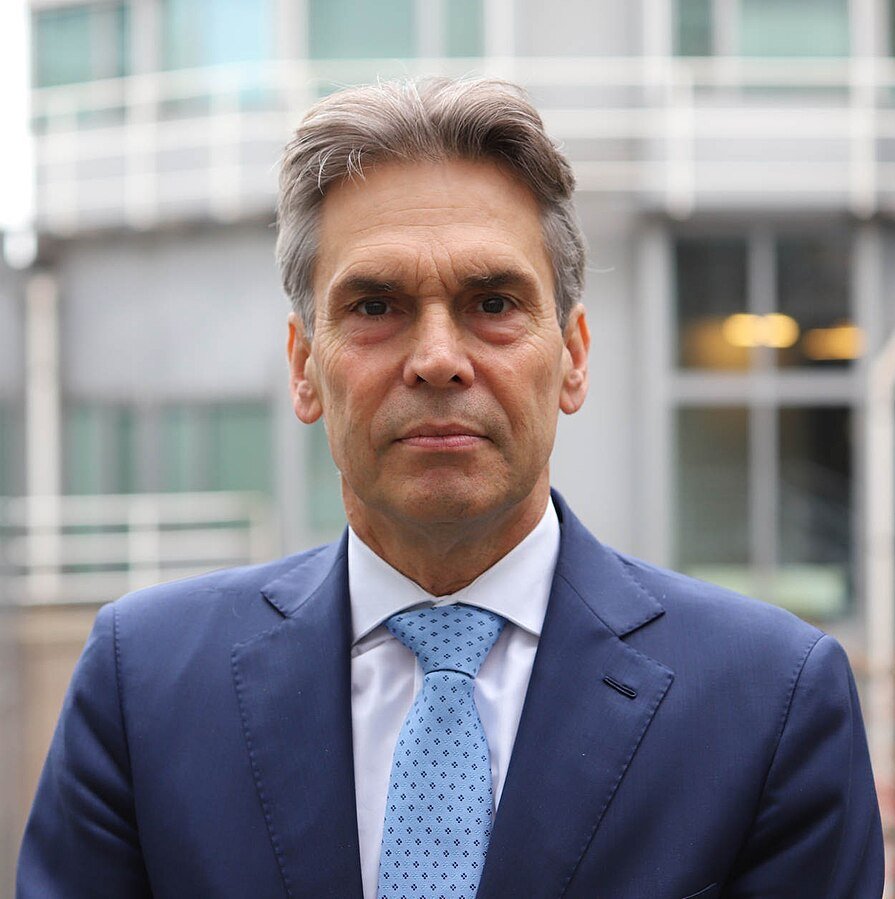Amidst the unfolding political changes in the Netherlands, Dick Schoof, former Dutch spy chief, has stepped into the role of the new prime minister. Leading a coalition of four parties, including Geert Wilders’ Freedom Party (PVV), he aims to pursue ambitious goals, notably by introducing what promises to be the strictest immigration policy the Netherlands has ever seen.
Background of Dick Schoof
Dick Schoof takes up the position of Prime Minister with adequate experience in leadership, and a specialty in national security and crises. The former head of the Dutch secret service and a familiar face in numerous cases like MH17 Tragedy this new political personality of Schoof coming into political arena has had his tested experience.

The Coalition Government
Despite its political nature, the form and the content of the coalition government built in the process of bargaining and compromising show that the Dutch right-wing parties’ interests are undoubtedly represented in the coalition. Although some leaders have their doubts and the PVV entered the game with some quite provocative campaign proposals, the leaders of the coalitions joined forces under Schoof and in the same year concentrated on stricter immigration policys.
Immigration Policy Details
At the heart of the coalition’s agenda lies an ambitious immigration policy aimed at reshaping asylum and migration practices in the Netherlands:At the heart of the coalition’s agenda lies an ambitious immigration policy aimed at reshaping asylum and migration practices in the Netherlands:
- Sudden increase in funds for the asylum reception centres with the introduction of austerity measures.
- Temporary halt in the taking of asylum application.
- Quantitative goals of lowering migrant populations significantly, which are a change in general approach.
- The running of the embassy in Israel, including change of the location of the Dutch embassy from Tel Aviv to Jerusalem, which has ramifications for the whole world.
Public and International Reaction
The announcement of the “strictest-ever” immigration policy has sparked a mix of reactions both domestically and internationally:
- The Dutch Political Youth Organisations and non-governmental organisations for human rights have also spoken about future humanitarian consequences, although overcrowded asylum centers and shortage of the staff.
- Human rights organizations such as Amnesty International and other similar NGOs have been vocal in its criticism of these policies pointing out their effects on human rights and conflicts.
- Meanwhile, a recent Ipsos I&O poll suggests a shifting public sentiment, reflecting increased confidence in the new government’s ability to address immigration challenges.
Challenges and Controversies
Despite the coalition’s unified stance, challenges loom large on the horizon:Despite the coalition’s unified stance, challenges loom large on the horizon:
- Sustained discussion and possible dispute in the coalition, the management of the particular political beliefs and citizens’ attitudes.
- Logistical issues and legal systems that affect the implementation and functioning of severe asylum policies and their management.
- Contending for special exemptions from the European Union’s policy on asylum plus it creates the backdrop for diplomatic conflict.
Dick Schoof’s Leadership and Vision
As Prime Minister, Dick Schoof is tasked with steering the coalition through turbulent waters:As Prime Minister, Dick Schoof is tasked with steering the coalition through turbulent waters:
- His style of management is extremely pragmatic, being a crisis-oriented person due to his many years in government.
- Obligation to remain politically neutral and the fluctuation between the interest of the coalition partners as well as the voters.
Summing up, one can conclude that nomination of Dick Schoof as the Prime Minister and the coalition’s promise to execute ‘strictest-ever’ immigration policy can be considered as a key moment in Dutch political ladder. Thus, the outcomes of these policies will continue influencing the position and status of immigration throughout the Netherlands and other countries in the future as the government adapts to challenges and controversies.








